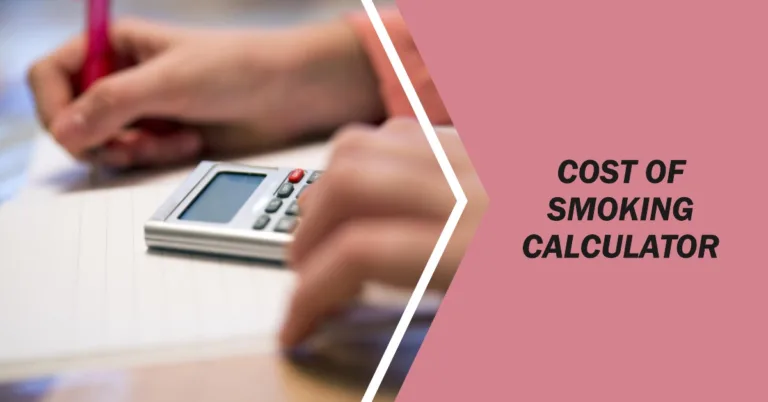Understanding the Epworth Sleepiness Scale: A Tool for Assessing Daytime Sleepiness
Epworth Sleepiness Scale
This questionnaire is designed to assess your daytime sleepiness. Rate how likely you are to fall asleep in the following situations:
In our fast-paced world, where the demands of work, social life, and personal responsibilities often take precedence, it's easy to underestimate the importance of a good night's sleep. But the truth is, quality sleep is essential for our overall well-being, and disruptions in our sleep patterns can have profound effects on our health. One critical aspect of sleep health is assessing daytime sleepiness, and one valuable tool for doing so is the Epworth Sleepiness Scale.
What is the Epworth Sleepiness Scale?
The Epworth Sleepiness Scale, often abbreviated as ESS, is a straightforward yet effective questionnaire designed to measure an individual's level of daytime sleepiness. It was developed by Dr. Murray W. Johns in 1991 and has since become a widely used tool in the field of sleep medicine.
The ESS consists of a series of eight questions that ask respondents to rate their likelihood of dozing off or falling asleep in various real-life situations. Each question corresponds to a different scenario, and participants are asked to assign a score to their level of sleepiness for each situation. The scores range from 0 to 3, with 0 indicating no chance of dozing and 3 indicating a high chance of dozing. The total score can range from 0 to 24.
Understanding the Questions: To better comprehend the ESS, let's take a closer look at the situations presented in the questionnaire:
- Sitting and Reading: This question assesses your tendency to doze off while reading or engaging in a quiet activity.
- Watching TV: It evaluates your likelihood of falling asleep while watching television, a common evening activity.
- Sitting, inactive in a public place: This question examines your ability to stay awake when you're in a public place but not engaged in any activity.
- As a passenger in a car for an hour without a break: It gauges whether you tend to doze off when traveling as a passenger for an extended period.
- Lying down to rest in the afternoon when circumstances allow: This question assesses your propensity to nap during the daytime.
- Sitting and talking to someone: It evaluates your ability to stay awake during conversations.
- Sitting quietly after lunch without alcohol: This question looks at your post-lunch alertness.
- In a car, while stopped for a few minutes in traffic: It examines whether you doze off during short traffic stops.
Interpreting Your Score: Once you've completed the questionnaire and calculated your total score, you can interpret what it means for your level of daytime sleepiness:
- 0-5: Your score suggests that you have a normal level of daytime sleepiness.
- 6-10: A score in this range indicates that you may be experiencing excessive daytime sleepiness, and it's a good idea to consult a healthcare professional.
- 11 or higher: A score above 10 suggests a significant level of daytime sleepiness, and you should seek medical attention.
Why Is the ESS Important?
The Epworth Sleepiness Scale is a valuable tool for several reasons:
- Self-Assessment: It allows individuals to assess their own daytime sleepiness, raising awareness of potential sleep issues.
- Screening Tool: Healthcare professionals use the ESS as a screening tool to identify individuals at risk of sleep disorders such as sleep apnea or narcolepsy.
- Treatment Planning: For those with high ESS scores, the scale can be used to guide treatment plans, which may include lifestyle adjustments, medication, or further testing.
Conclusion:
Getting enough quality sleep is essential for our physical and mental well-being. The Epworth Sleepiness Scale serves as a practical and effective tool for assessing daytime sleepiness, helping individuals and healthcare providers identify potential sleep-related issues. By understanding your ESS score and taking appropriate action if necessary, you can take a significant step towards improving your sleep health and overall quality of life.








